Understanding Sequences Numbers Worksheets for Ages 3-6
5 filtered results
-
From - To
Discover our engaging "Understanding Sequences Numbers Worksheets" designed for children ages 3-6! These carefully crafted worksheets help young learners grasp the concept of number sequences through fun and interactive activities. Kids will enjoy identifying and completing patterns while enhancing their critical thinking and problem-solving skills. Our resources support early numeracy development, making learning enjoyable and effective. Ideal for home or classroom use, these worksheets cater to various skill levels, ensuring each child can thrive. Explore our collection and equip your child with essential mathematical foundations through sequences, making their learning journey exciting and impactful!
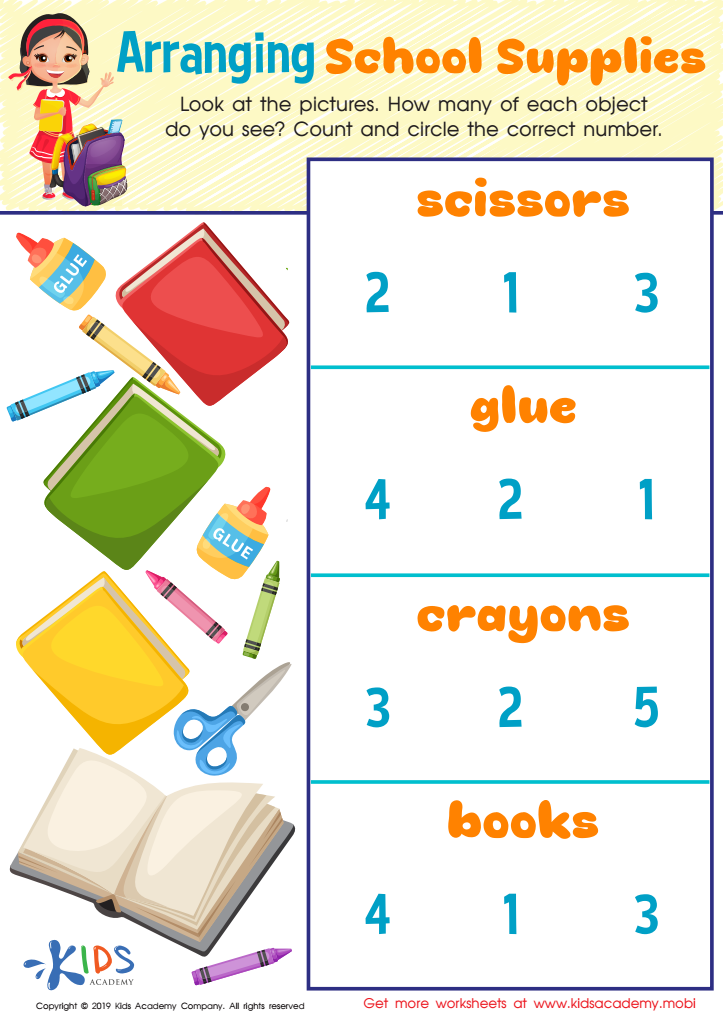

Arranging School Supplies Worksheet
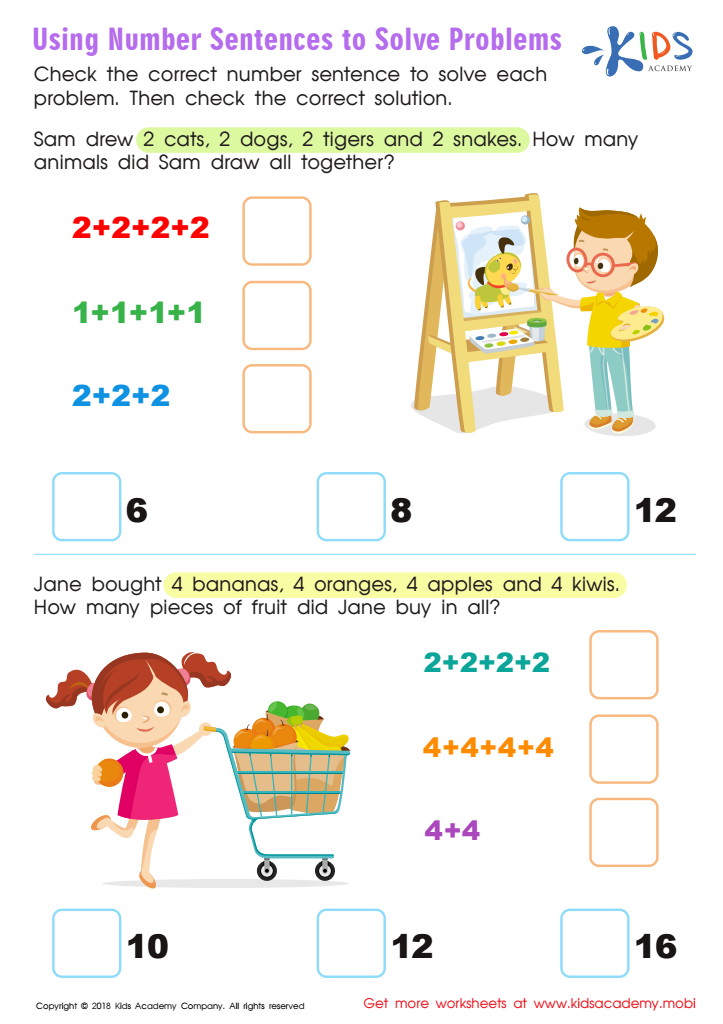

Using Number Sentences to Solve Problems Worksheet
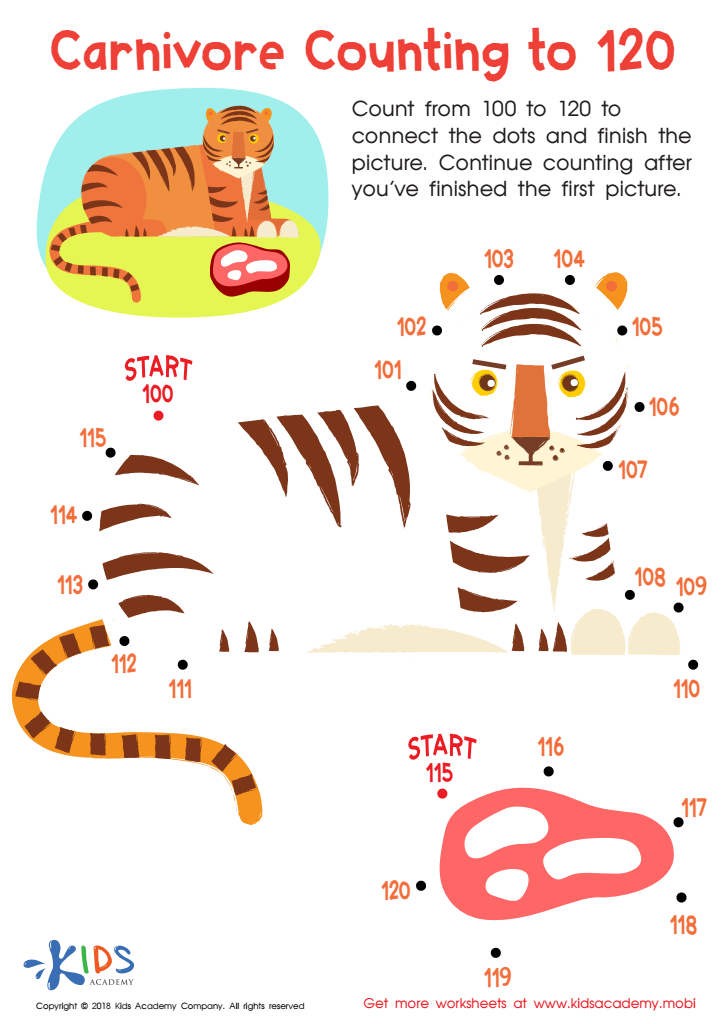

Carnivore Counting to 120 Worksheet
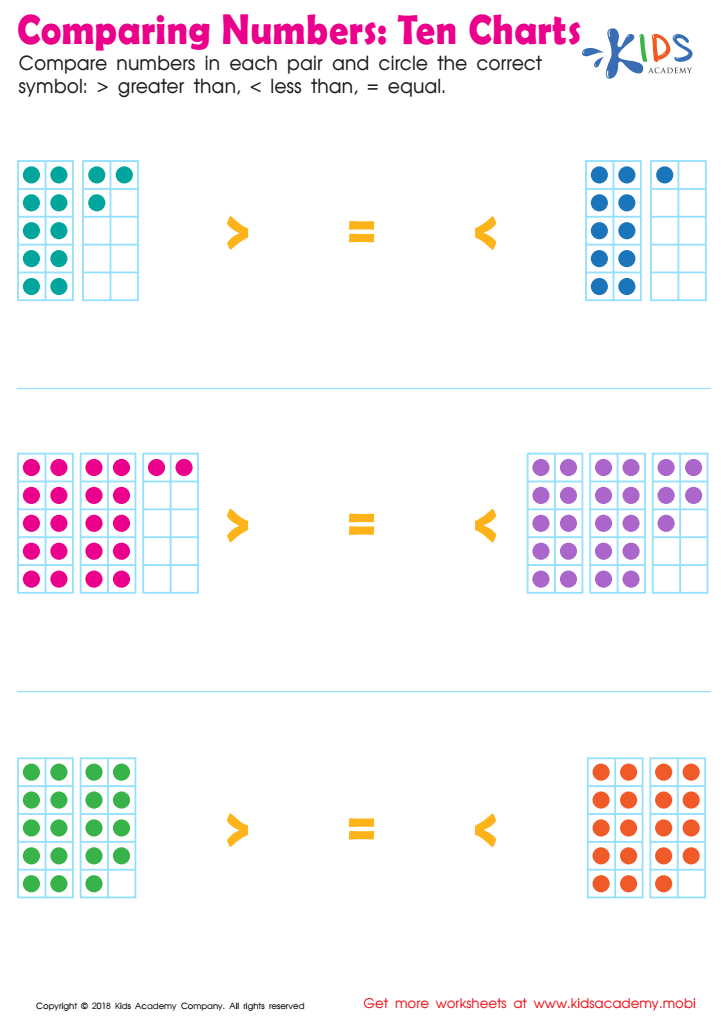

Ten Charts Worksheet
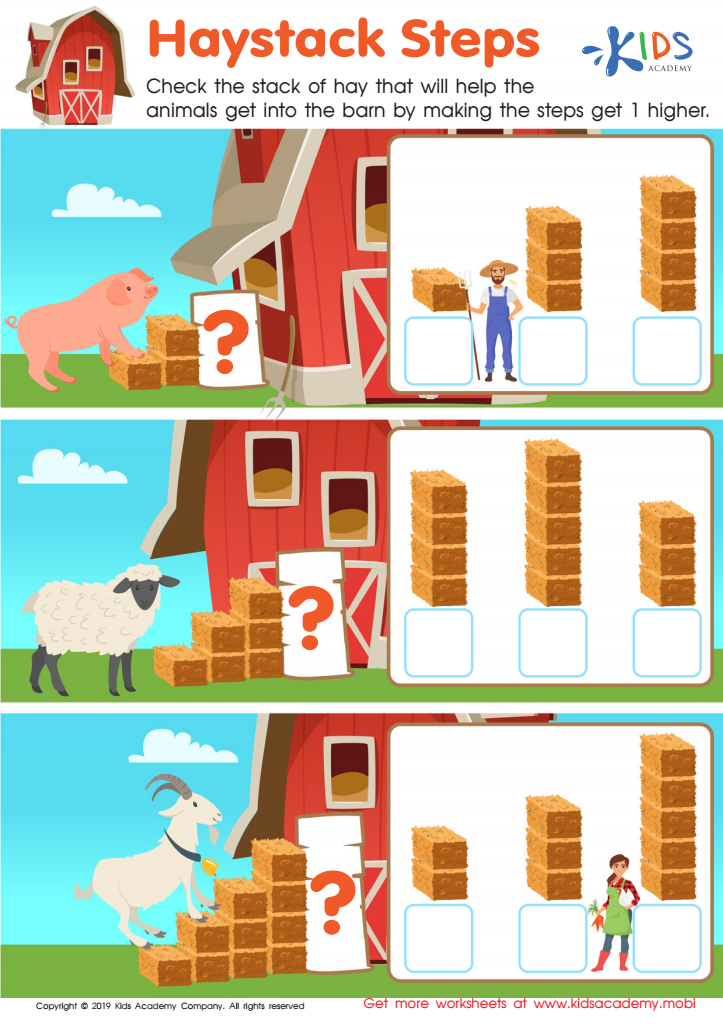

Haystack Steps Worksheet
Understanding sequence numbers is a foundational skill for young learners, and it holds significant importance for both parents and teachers. For children aged 3-6, developing an awareness of sequences helps them grasp counting, patterns, and the concept of order—skills vital for later math learning. For instance, recognizing how numbers follow each other in a sequence prepares children for addition and subtraction, while also enhancing their problem-solving abilities.
Moreover, sequence understanding fosters cognitive development. Engaging in activities that involve sequencing—such as organizing objects, following directions, or telling stories—supports language development and comprehension. These activities nurture critical thinking as children learn to predict outcomes and arrange their thoughts logically.
Parents and teachers should also recognize the social-emotional benefits. Mastery of sequencing activities aids in boosting children's confidence and independence, making them more willing to tackle challenges. This self-assurance lays a strong academic foundation as they progress through subsequent grades.
Ultimately, nurturing an understanding of sequences in early childhood cultivates curious and confident learners, ready to navigate the complexities of both mathematics and daily life. By investing energy and time into this crucial area, adults can profoundly influence a child's educational trajectory.
 Assign to My Students
Assign to My Students




















